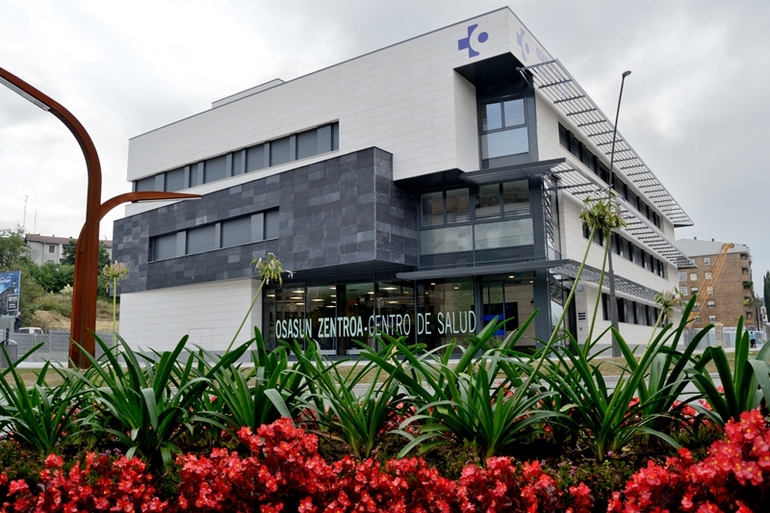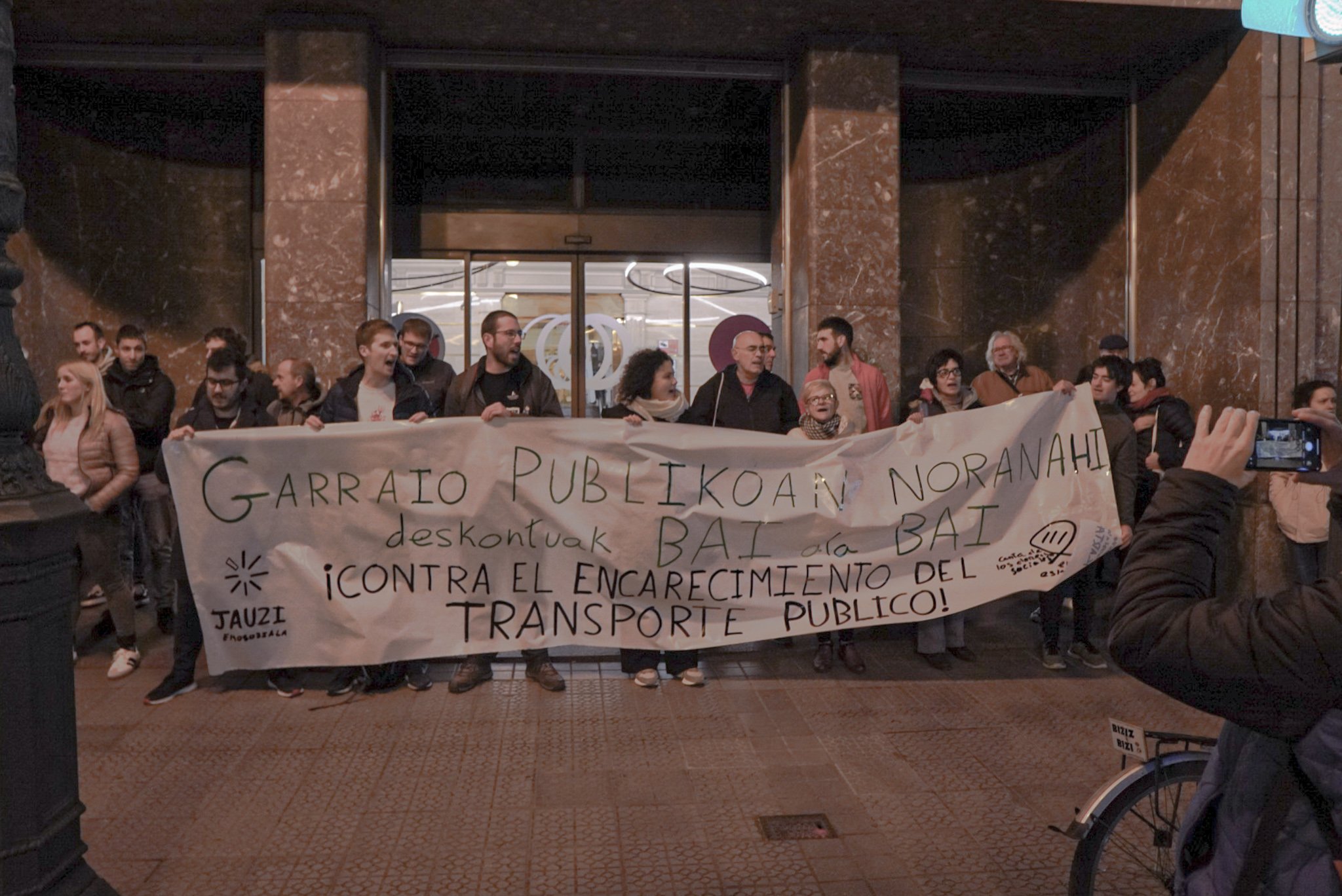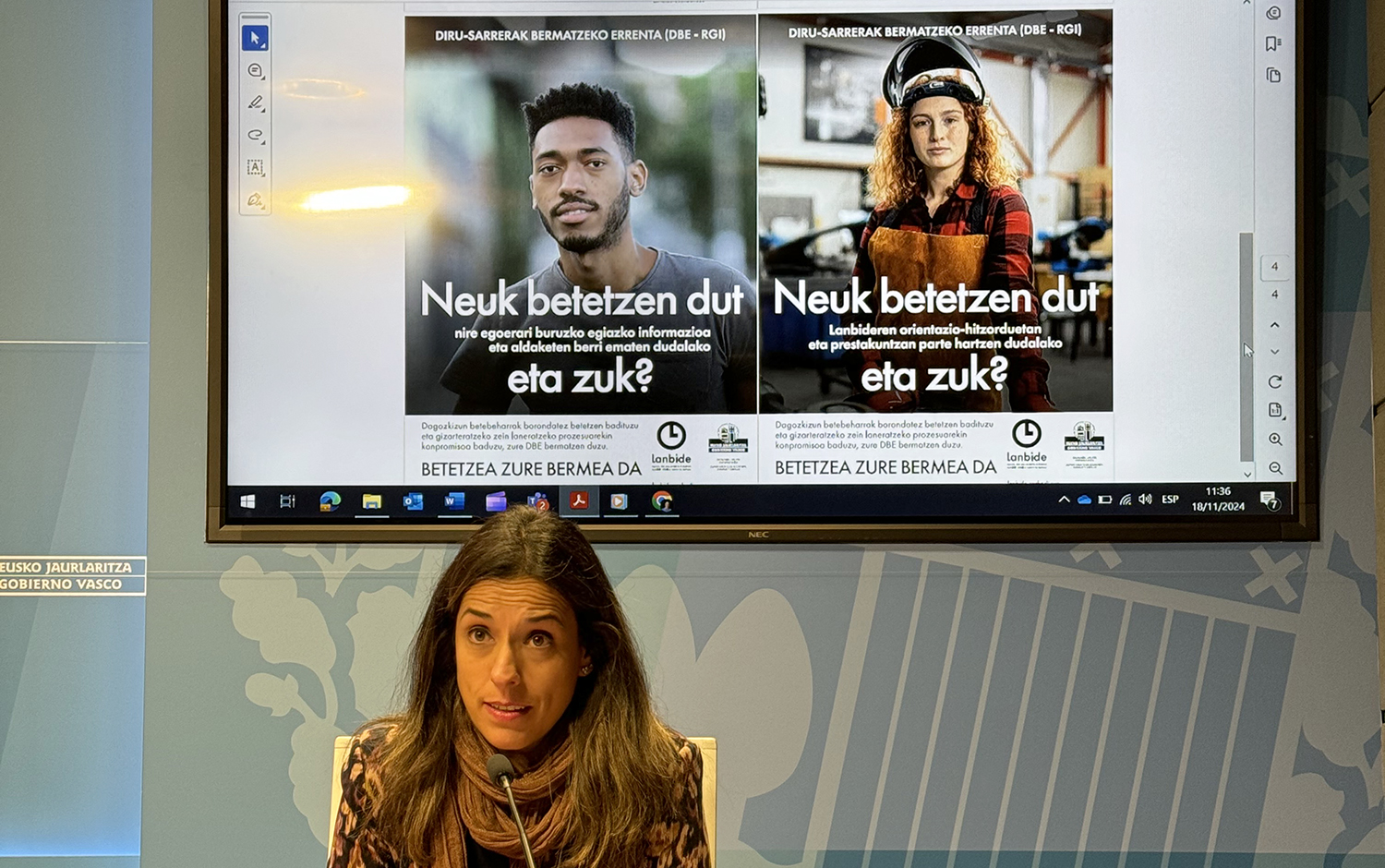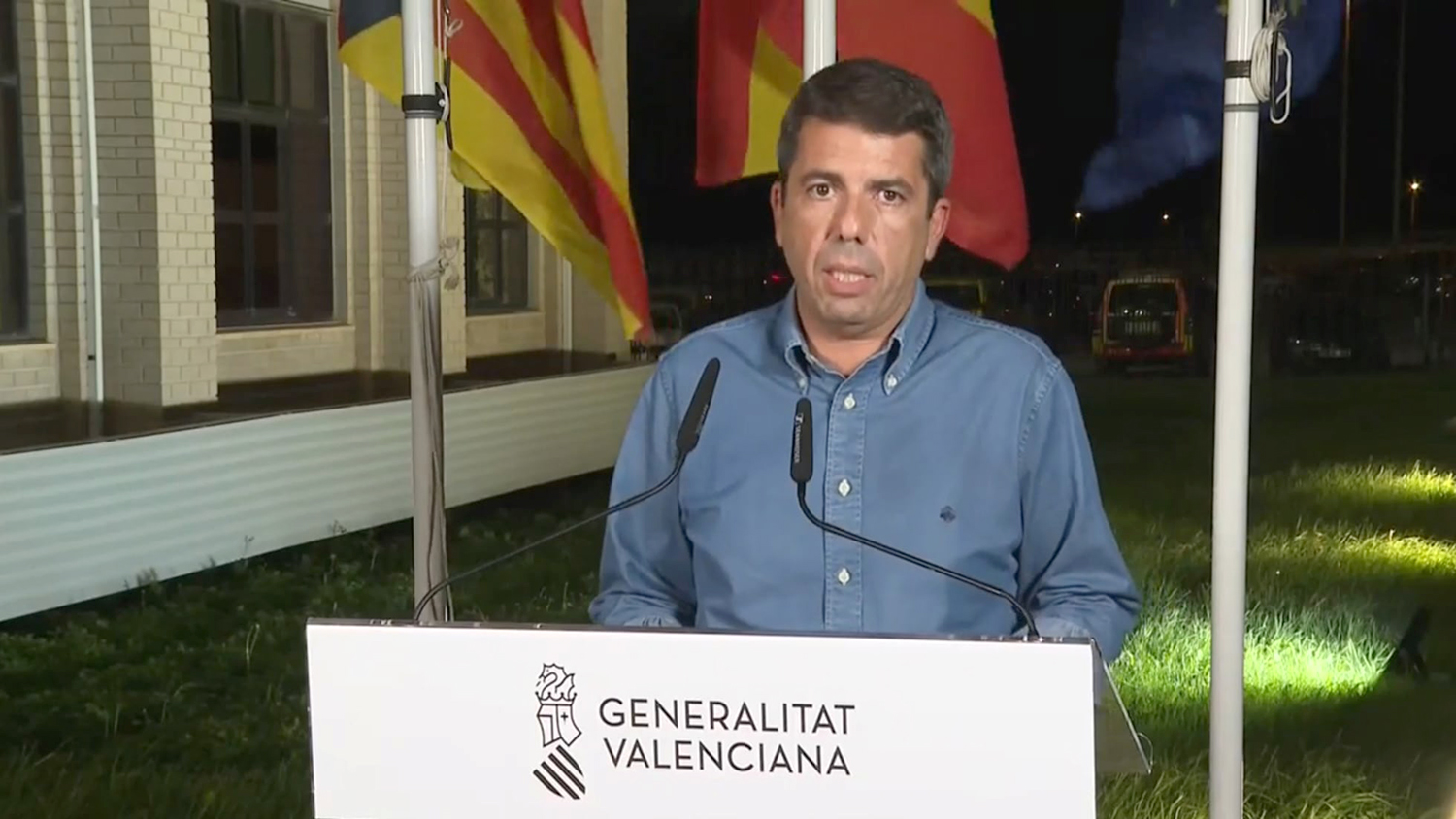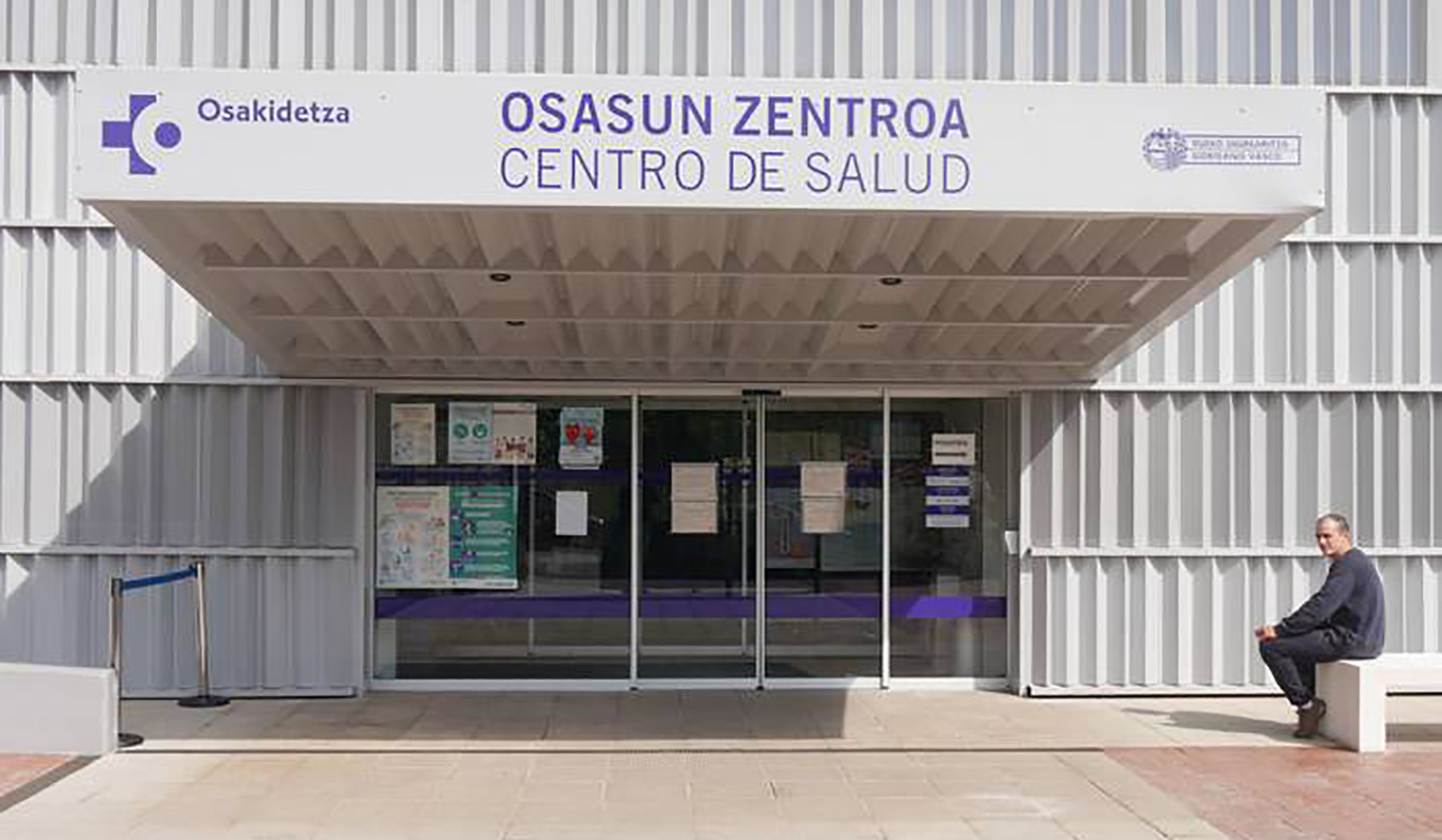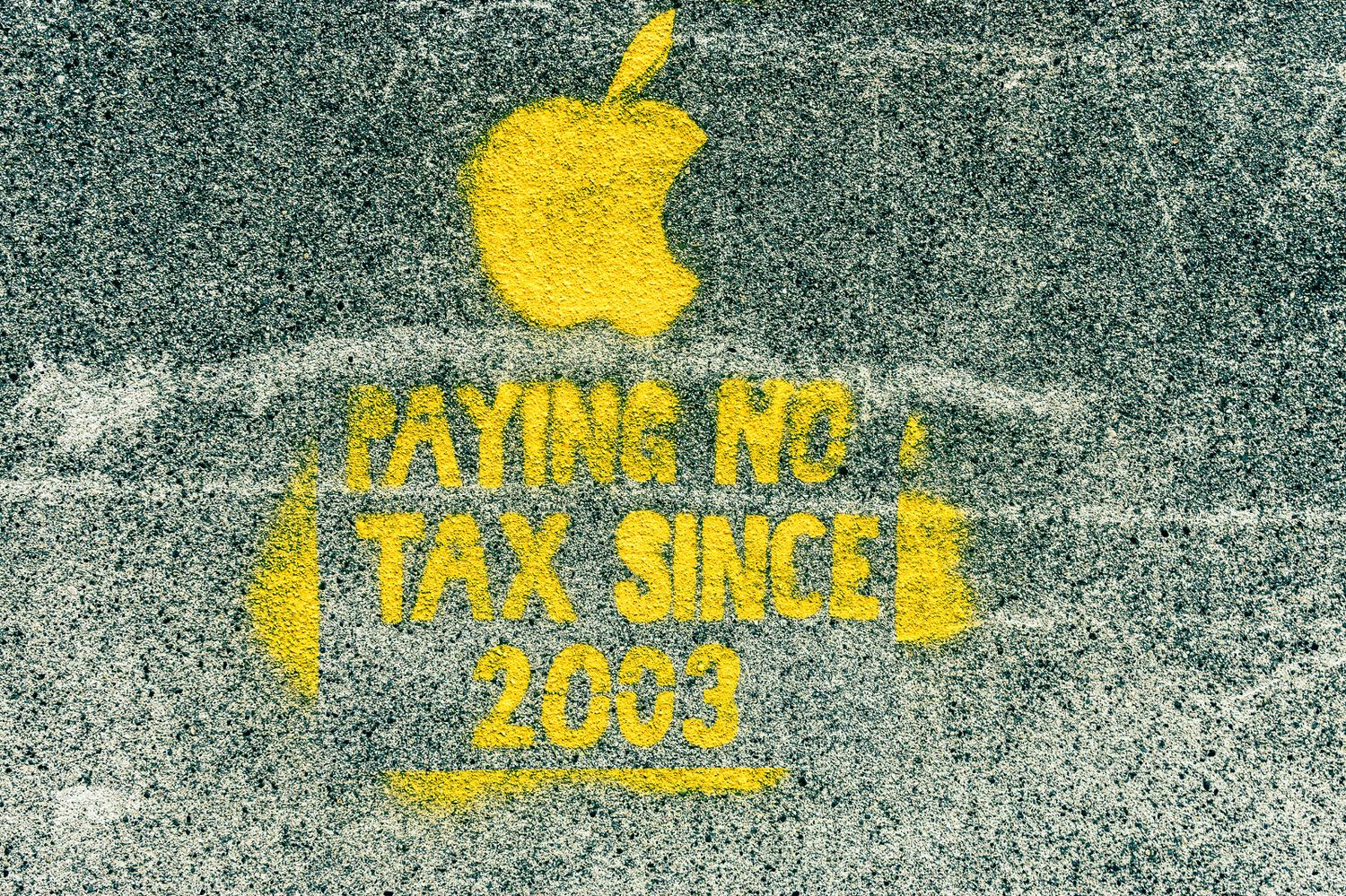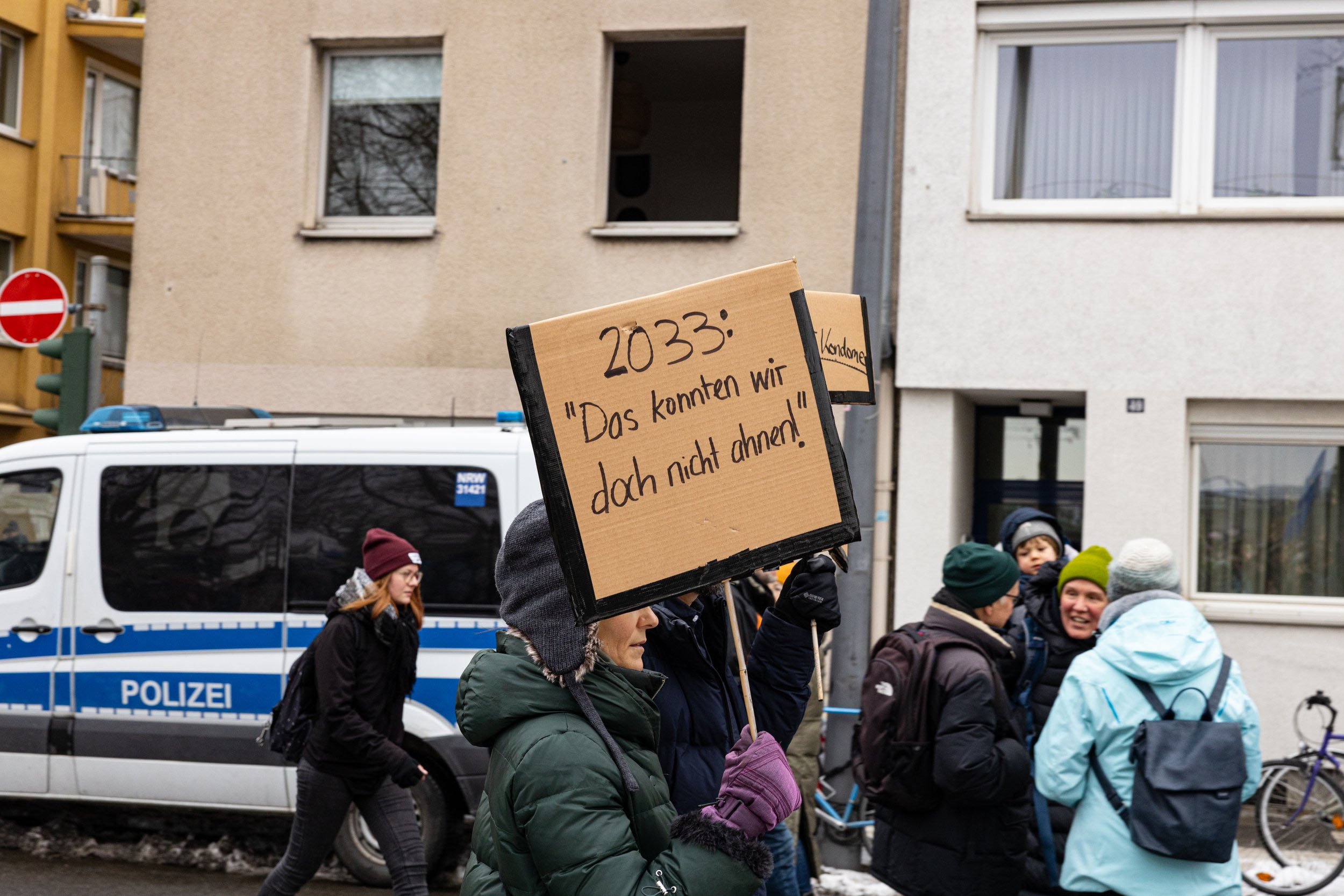Interest rate: rise, impoverish
- The price of the money market, the interest rate, continues to grow in central banks around the world, even in Europe. The European Central Bank (ECB), after several years of almost free donations, increased this rate by 0.50% in July and 0.75% in September, the biggest historic increase.

Faced with rising prices, the ECB has maintained the economic orthodoxy that the solution is a tough monetary policy. But for many experts this will not be a solution.
Firstly, because it does not go to the origin of inflation: prices started to rise last year, when the war in Ukraine was not yet in place, taking advantage of the loopholes of the marginal market for electricity companies. And above all, it's not a solution because global debt is already 350 percent of GDP, as economist Roser Espelt pointed out three weeks ago in his pages, that having to pay more money to pay that debt can lead to losing families, businesses and the whole country.
The United Nations itself, at its last session, has called on central banks to stop monetary fever because it can lead to a “global recession.”
But while some have a 37% mortgage, others will benefit greatly from the increased money: In the Spanish state, €14.630 million will be transferred to the banks, according to economic professor Carlos Sánchez Mato in El Salto, “who are the real shareholders of the ECB”.
The wage increase is “a source of risk” to the governor
It is known that the ECB will continue to increase interest rates. But how far? His leader, Christine Lagard, admitted to the European Parliament that the rise has no roof and that he will be meeting on 27 October to reach a “neutral point” between supply and demand. However, many consider this point impossible because since the 2008 crisis they have “poisoned” the money to save banks, as ex-Greek finance minister Yanis Varoufakis writes. But economic authorities seem to have other concerns…
.jpg)
On September 29, the Governor of the Bank of Spain, Pablo Hernández Cos, visited Barakaldo in an event organized by the Spanish Confederation of Directors and Executives (CEDE) at BEC. Besides announcing that interest rates will rise to 2.5%, Hernández Cos, with Felipe VI, king of Spain, gave a chilling speech. He was satisfied that the demand, which talked about the wage hike, has not risen so much, because he understands that wage increases are "a source of risk" to enter a spiral of inflation. The governor recalled that while inflation is 9%, wages have risen only 2.5%, “it’s relaxing,” he added.
[This article is part of a broader report on the claws of poverty.]









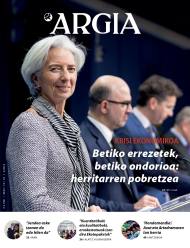

.jpg)

